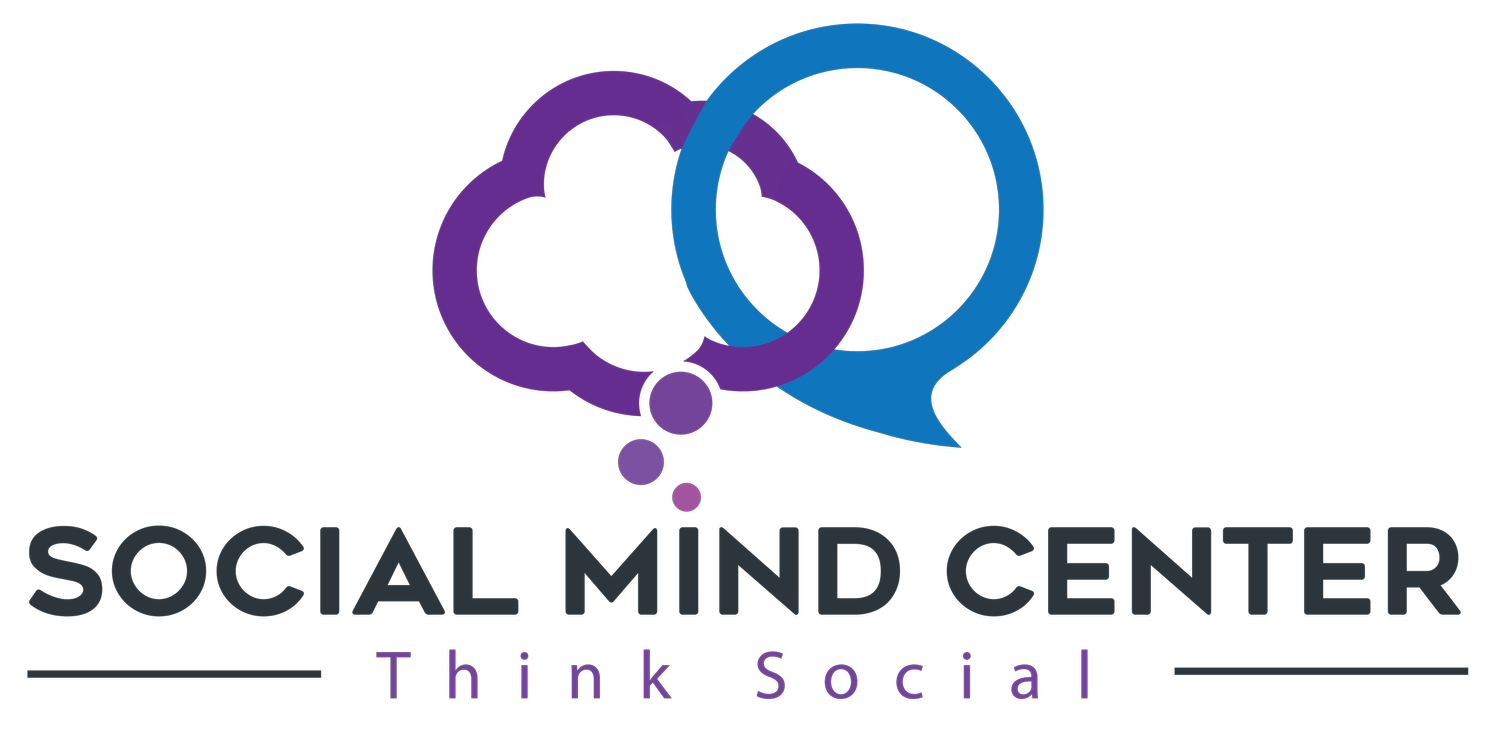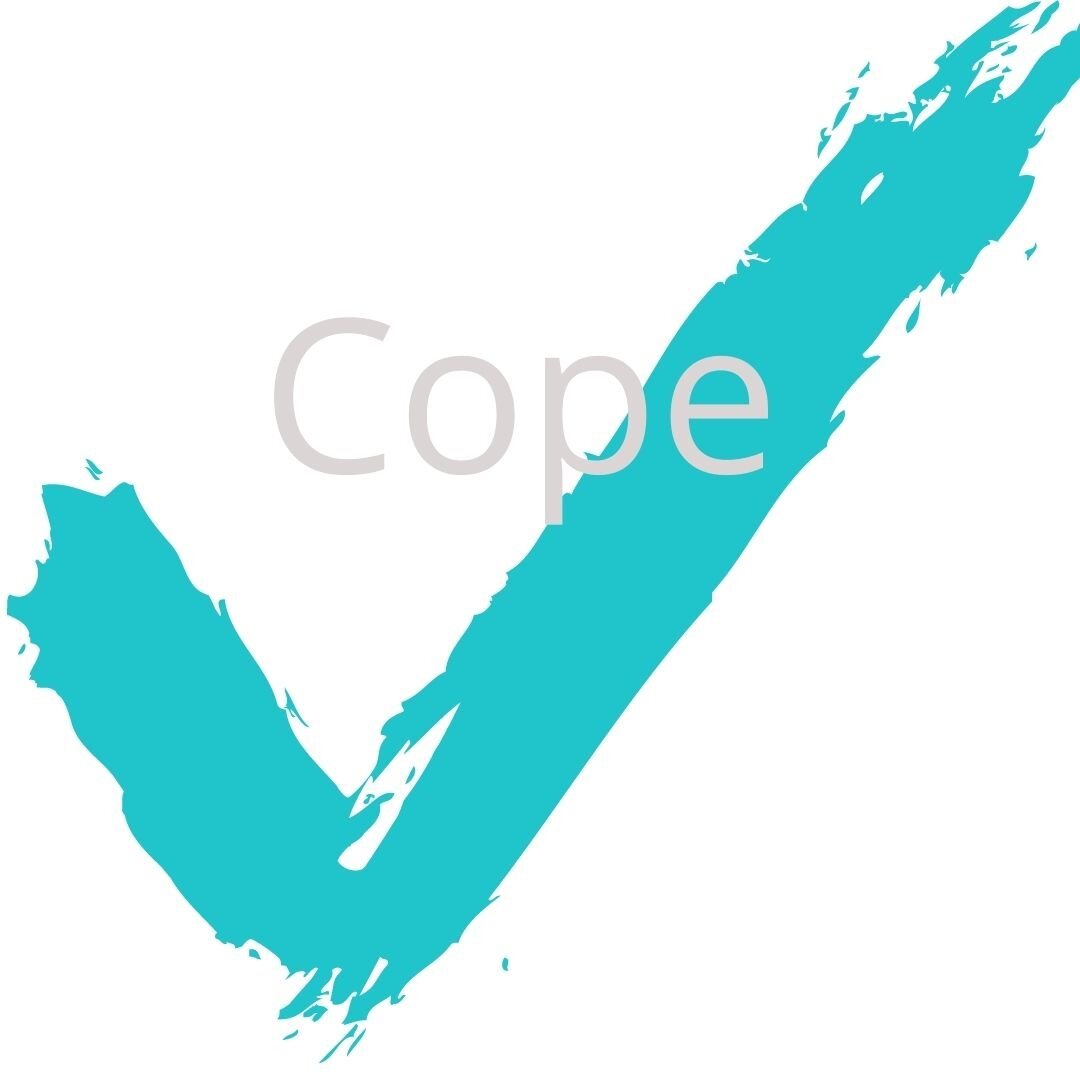COPING AND SELF-CARE
This article will kick off a series focusing on building coping skills. In this post, we focus on coping with anxiety. Coping is a skill that is critical when things do not go as expected. This past year there has been a considerable increase in anxiety in children. Since the start of this year, most of my consults have been related to anxiety. Many of the children have debilitating anxiety. We have all been dealing with much stress and loss. The most challenging aspect of the pandemic is the level of uncertainty and the disruption of our daily routines. The tension and changes have persisted for a year. This has lead to COVID fatigue. For all of us, structure and routines make us feel secure in uncertain times. To compensate for his uncertainty we must focus on the aspects of our days that we can control and provide a system and practices that can reduce the stressors we cannot control. After a long day of uncertainty and change, we need to focus on coping and self-care routines that include new thinking skills to counteract the stress and anxiety-provoking thinking.
Story:
For my family and me, anxiety has always been a rather giant monster living in our home. There are different levels of anxiety, and we have always dealt with moderate to severe levels. Some people are just wired to worry. We have always invested much time in building coping skills and self-care routines to proactively manage anxiety. COVID really escalated the need for more consistent and frequent self-care. The pandemic started in my daughter's senior year and first year of college. Her college is in Manhattan; she is still attending online classes. The uncertainty of when she will be able to return to the school campus is very stressful. The drastic and continual changes at schools is a source of great stress. Now many are returning to school; however, there are changes in teachers, curriculum and friendships. Most of my son's friends were not able to return to the same school.
We can agree that it has been too much change and loss in a short period. We cannot disregard the impact that this has had on all of us. We must take time to recuperate from COVID fatigue. We must also acknowledge the mental, emotional and physical impact of this pandemic. We are all weary and worn out from the pandemic.
Our coping and self-care must be equivalent to the level of anxiety we are experiencing.
When things get stressful in our home the first strategy that we do is:
Stop/halt and redirect ourselves to a self-care/soothing activity.
Our top strategy is a change of scenery is a change of mindset.
My son Nick has always understood his need for pacing himself and not overscheduling. His daily schedule has exercise and resting incorporated with his required tasks. When he was a toddler his favorite word was break. He has taught me the importance of pace and how slowing the pace is required sometimes. Slow and steady is his process. His pace was his form of coping. Reducing one’s pace will immediately reduce your stress. I hear parents so often being so hard on themselves and placing strenuous expectations on themselves. What all our kids need most is love and attention the rest is extra. There are so many of our expectations that can be edited or eliminated and some require more time to be accomplished. Our impatience is a great source of stress as well. My son is thriving in high school in 11th grade and my daughter is thriving in her first year of college. Prior to this, it was a climb with many obstacles and barriers that needed to be overcome. Some children may take their time and there is nothing wrong with that it just makes pacing ourselves as parents even more important. Our mental health is critical as it will directly impact our children. We must model coping.
If you find that you or your child are consistently struggling with moderate to severe anxiety, consider seeing a professional for guidance. Consistent heightened levels of anxiety lead to depletion that can lead to mental exhaustion making it challenging to implement coping strategies and shift from anxious thoughts. Anxiety also makes our thinking cloudy and disorganized making it challenging to redirect thoughts causing us to stay in the negative thinking loop. You or your child may require assistance to get out of the anxiety loop.
Consider cognitive-based therapies as an effective treatment for anxiety. Cognitive behavior therapy is a type of psychotherapy. This form of therapy modifies thought patterns in order to change moods and behaviors. It’s based on the idea that negative actions or feelings are the result of current distorted beliefs or thoughts.
Skill:
Coping is to deal effectively with something difficult.
The anecdote for anxiety is coping.
Coping allows us to adapt so we can evolve emotionally and socially. This past year we learned that becoming comfortable with discomfort can be a valuable skill. As parents, we want to save our kids from their struggles. It is hard to watch them struggle and suffer. Rescuing does not teach them how to cope or resolve. The anecdote for anxiety is coping. Rather than resorting to rescuing, consider building coping, self-care and thinking skills to self-manage anxiety. One important coping strategy is learning to calm ourselves. For children who may have emotional regulation issues reaching a calm state may take practice and assistance. We all need to practice the coping strategy of reaching a calm state of mind and body. What we can learn from this pandemic is that our lives can drastically change at any time. This has given us an unusual opportunity to learn to cope with change and discomfort by proactively practicing calming strategies throughout our days. Inserting breaks into our days of quiet and soothing actions. In these technological times that requires shutting down to reboot.
Strategy:
An essential aspect of coping is self-care. We must be kind and patient with ourselves. We have all experienced loss during this time. We need to take this imposed societal shut down to allow time for healing and recuperating rather than seeking replacement activities to liken our previous routine. This is an opportunity to evaluate our former ways and reset. These are times to include new healthy habits that will promote balance in our life. The balance will minimize stress and worry. We often cannot control our circumstances, but we can control how we respond.
Present, and Pace:
Stay in the present and tackle tasks one at a time. One hour at a time. Multi-tasking sounds great. It is not always the most productive.
Mind your pace; maybe you need a slower pace:
When listing you’re to do’s, make sure you examine what does not need to be done. Sometimes our to-do lists are wish lists. It stressful edit to the must do’s.
Focus on the information that is available and accessible to you at this time; avoid hypotheticals; if you are struggling with getting through the day, why think about next week. Stay in the moment!
Reaching a calm state of mind requires shutting down the thinking process and soothing our bodies. For some, being still comes easy. Some need movement to calm the body. This may also require the changing of place.
Movement of the body and moving places/scenery moves mind:
My motto is a change of scenery change of mindset. I believe nature to have healing power. If you cannot take a nature walk, then watch the national geographic channel, the world of calm or any nature/travel programming to provide you with a visual and mental escape from your current surroundings. You can combine it with walking in place or stretching.
music can also alter one’s mindset
yoga and stretching
there are many apps available now that provide you with positivity, meditation and visualizations to shift your mindset.
Include exercise daily:
incorporate subtle and intense movement in your day
games that require action
Play:
Children and teens are overscheduled today. So much of the activities they are involved in are performance-based and monitored. Rather than activities to provide an outlet and for self-expression. Children that are online schooling need more play and non-screen time activities. Play can lighten the mood and bring silliness which is always needed.
Playing games teaches critical social competency skills in areas of social language, perspective-taking and executive function including:
words to resolve conflict
words to seek assistance
Sharing space
Listening
Cooperating
Making tough choices
Being a good sport - Thinking of Others
Bonding
Social attention
Transitions
Waiting
Focusing/staying on task
Flexibility
Emotional regulation
Following directions
Sequencing



